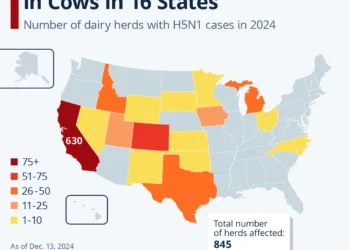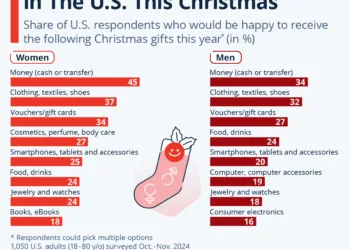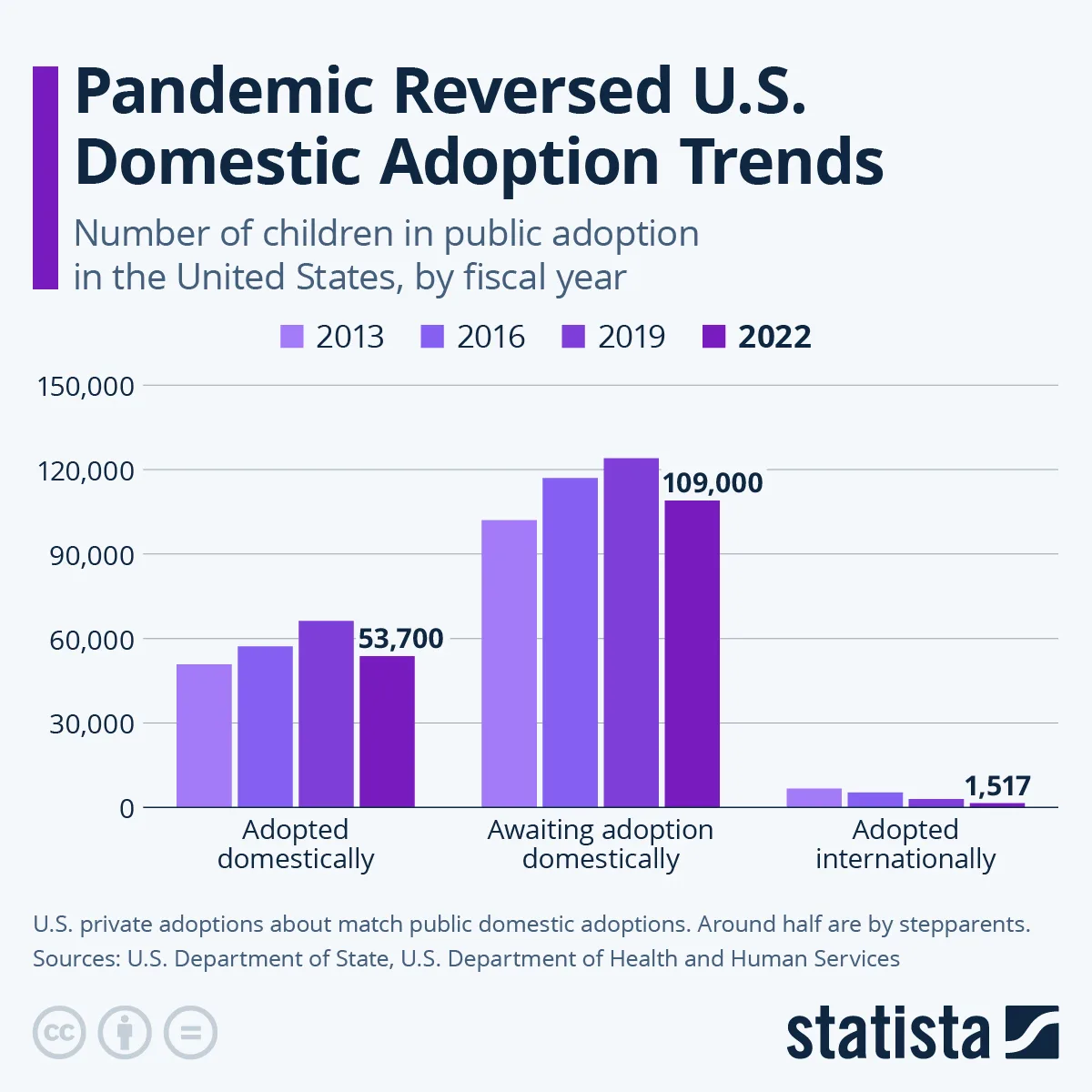The recent U.S. presidential debate featuring Kamala Harris and Donald Trump was marked by numerous jabs from both candidates. Trump was able to attack Harris, questioning her intelligence and loyalty to the nation. However, Harris faced a different set of circumstances that limited her ability to respond in kind.
So, why is that?
One significant factor is the societal expectations surrounding women in leadership roles. The upcoming 2024 election highlights two distinct visions for America’s future, providing a platform to analyze the political language used by both candidates as they seek to connect with voters.
(The Associated Press, Alex Brandon)
This election marks only the second time a Democratic woman is competing against a Republican man. While Hillary Clinton’s race against Trump in 2016 was historic, the media still finds it noteworthy to report on a female presidential candidate, which remains relatively rare. Should Harris win, she wouldn’t just be the first woman president—she would also be the first woman of color to hold the position.
Given the limited number of women who have ascended to such high-ranking offices in the U.S., the landscape can be perplexing for politicians and the media alike. Female politicians may struggle to determine the best campaign strategy, while the media may need to reassess how they report on these candidates. Voters might also feel uncertain about how to engage with a female candidate on an equal footing.
In my research at the Université du Québec à Trois-Rivières and my involvement with the Chair on Leadership and Political Confidence, I delve into how women in politics are portrayed in the media and the challenges their leadership styles present. I have previously explored these themes in various La Conversation articles.
Unequal Standards
Harris finds herself subject to intense scrutiny regarding her fashion choices and personal life, reflecting a double standard. These discussions often highlight criticisms uniquely aimed at women, while similar attributes in men may be praised. For instance, men might be labeled as assertive, while women are seen as overbearing.
Research indicates that negative media coverage concerning a female politician’s attire can harm her electoral prospects. Studies have shown that when the media focuses on women’s appearances, it can diminish their support from voters significantly. Conversely, attributes like decisiveness and ambition are often stereotypically viewed as masculine traits.

(The Associated Press, Matt Slocum)
In essence, female politicians face a political landscape riddled with challenges, where double binds and gender stereotypes heavily influence public perception. Emphasizing nurturing traits can often hinder rather than help women in politics. Research indicates that voters typically favor masculine traits, especially during times of crisis.
Harris’s task is to project the image of a presidential candidate while navigating the tough terrain left by Clinton, who previously attempted to shatter the glass ceiling. How does Harris tackle these hurdles in this unique context?
Her strategy involves crafting a positive narrative that illustrates her as a capable, genuine leader who empathizes with everyday Americans and their concerns.
Connecting with the Middle Class
Harris positions herself as a candidate who relates closely to the electorate and understands their day-to-day realities. This tactic aligns with the proximity aspect of the leadership triangle proposed by Diego Ceccobelli and Luigi Di Gregorio, political communication researchers with whom I collaborate. According to their theory, leaders are evaluated based on three core traits: competence, authenticity, and proximity.
In line with this framework, Harris emphasizes her middle-class upbringing and her experience as the child of a single mother who worked tirelessly to support her family in a working-class neighborhood in California. Her mother prioritized education and homeownership for her family. Harris weaves this narrative into her speeches, social media posts, debate performances, and interview responses.
This positioning serves as a strategic way for Harris to differentiate herself from Trump, who embodies the persona of a wealthy white man seemingly disconnected from middle-class issues. Trump’s campaign is characterized by its masculine appeal, often triggering public fears relating to crime, immigration, and economic instability. He asserts that immigrants are the source of America’s challenges, ranging from crime rates to inadequate housing, healthcare, and education, while suggesting that women are inherently weak and incapable of being effective leaders.

(The Associated Press, Jacquelyn Martin)
To refute Trump’s characterizations, Harris emphasizes her strength as a woman who has successfully prosecuted numerous cases and confronted challenges head-on, promoting her campaign slogan, “Kamala Harris for the people.” This message was crucial in her speech at the Democratic Convention in August.
A First for Women
As coverage of her candidacy often emphasizes her status as the “first woman candidate,” Harris typically refrains from using this framing as a tool to sway voters. Instead, she roots her legitimacy in a narrative that positions her firmly within the heart of middle-class America.
Her enduring challenge lies in persuading the American populace that she is the ideal leader for the nation, thereby shattering the glass ceiling for herself and paving the way for future women in politics.










